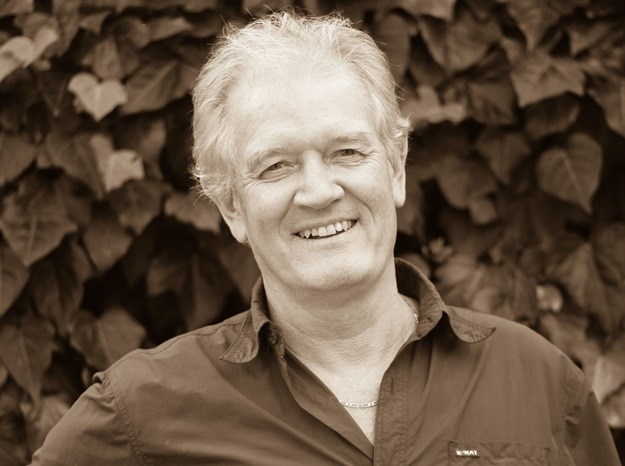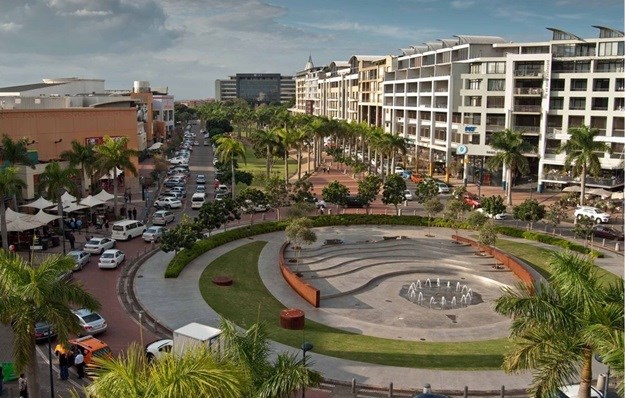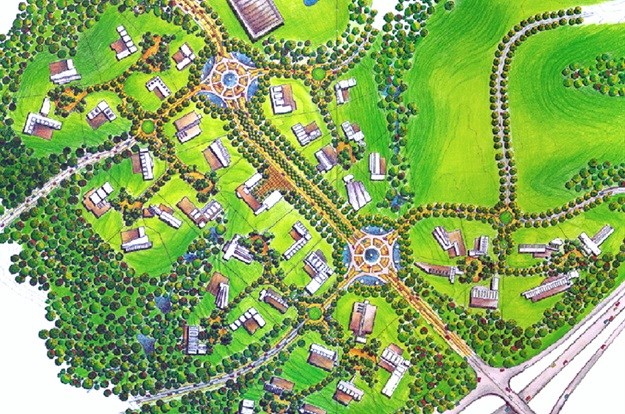
Top stories






More news

Marketing & Media
Ads are coming to AI. Does that really have to be such a bad thing?














“With his early background in lecturing and thesis supervision, Wood has designed, implemented and administered the levels of urban design involvement that are seldom achievable in contemporary city management adding immense value, socially, culturally, spiritually and economically,” said Khalied Jacobs, chairman of the Urban Design Institute of South Africa (UDISA).
In his lecture, 'Urban Praxis: Making sense of nonsense for the post-apartheid city', Wood covered many of the issues Uytenbogaardt himself raised in taking on the inequities of apartheid city building, assessing why change has been so limited, and reflecting on and pointing to the prospects for urban success.

In Wood’s view, there is a profound need to rethink and restructure our cities to make them sustainable. He says one must never forget that cities generate, as Jane Jacobs wrote, the wealth of nations. He points to Gauteng by way of illustration. It’s population of 12.5-million is largely urbanised, which is cause for optimism. The problem, however, is it’s incredibly sprawled. Even though this population, on the face of it, takes up just 27% of the province’s area, the actual extent is vast and, in urban terms, extremely baggy, inefficient and unsustainable.
“In trying to meet the challenge of a mega city growing to around 30-million people over the next 40 years or so, the approach must be how not to increase this footprint, but rather to consolidate that footprint to avoid more people becoming disempowered and disenfranchised from the very city which is meant to support them,” Wood said.

In Wood’s view, the public environment of the city was not delivered democratically and this situation remains. “Our approach to transport remains rooted in inappropriate car-based thinking and our very extensive rail system has yet to be drawn from the mire into which it was allowed to devolve as we pursued road-based planning. It makes no sense to spend millions on sprawling road infrastructure and housing outside of the urban edge when only 17% of the population owns cars. We are still following the American Highway Code and an antiquated road system which was designed under the apartheid area. We need to recommit to public transport and rejuvenate our metro rail system. We are also building housing to satisfy ‘delivery quotas’, regardless of whether we distort the urban system even more in the process. While a focus on housing is obviously necessary, the manner in which the housing is being planned is not helping anyone and it needs to be seen as an integral aspect of urbanism as a whole, rather than as an isolated segment.”
Wood believes it is time to see through the problem and talk about what we can do. He cites the new Umhlanga Ridge development as a textbook example of how things can work when city development is not kept private but delivers results back to the city. This is, however, an isolated example. “One only has to look at Sandton to see just how far back we are in the starting blocks. If we continue in the same way, our cities are merely going to limp along and under achieve. We need to understand the concept of incrementalism – of adding value.

"We need to overcome the deep-seated mistrust of property developers in the public space so we can provide solutions that are not at odds with the city’s purpose and promote economic growth. Property developers need to start thinking out of the box and think of themselves as ‘city builders’ that think, design and plan within the energies of the city. Local and provincial authorities in turn need to appreciate the unintended consequences of unchecked development.”